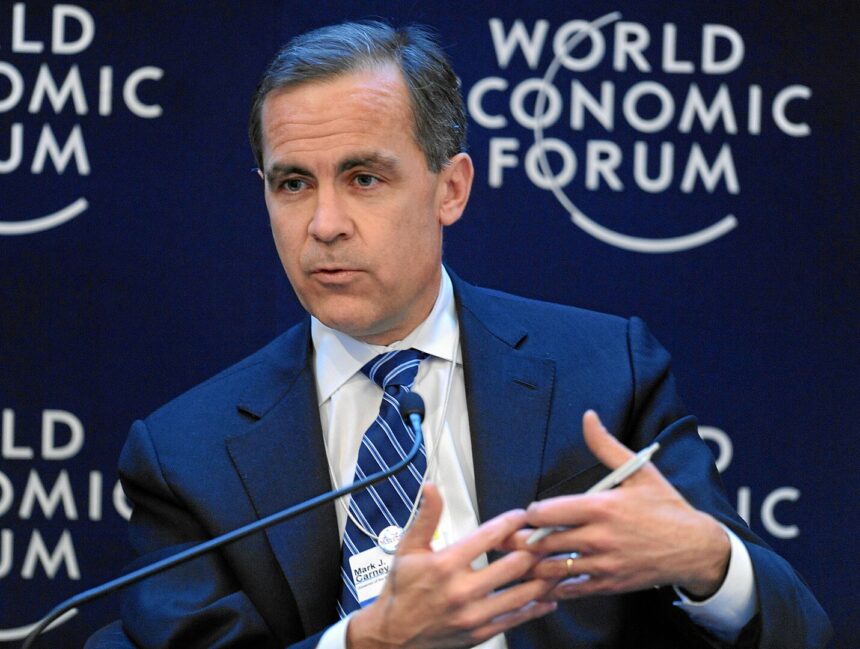Minority Government Escapes Early Election Risk
Prime Minister Mark Carney’s minority Liberal government narrowly avoided collapse on Monday after surviving a key confidence vote in the House of Commons. Lawmakers voted 170-168 in favour of advancing debate on his first federal budget, sidestepping the prospect of holding Canada’s second national election in less than a year.
Although further votes are expected over the coming months, the slim victory indicates that the budget is likely to pass in due course.
Carney: Budget a “Generational Opportunity”
Following the vote, Carney took to X, declaring, “It’s time to work together to deliver on this plan – to protect our communities, empower Canadians with new opportunities, and build Canada strong.” He framed the fiscal blueprint as crucial to bolstering Canada against escalating trade pressure from the United States.
Carney has repeatedly described the proposed budget as a “generational” opportunity to enhance economic resilience and reduce the country’s heavy reliance on US trade.
Deficit Set to Nearly Double to Counter US Tariffs
The fiscal plan seeks to almost double Canada’s deficit to 78.3 billion Canadian dollars ($55.5bn). Major investments focus on shielding the economy from US-imposed tariffs and strengthening defence and housing initiatives.
The prime minister has argued that higher deficit spending is necessary to absorb the impact of tariffs introduced by US President Donald Trump. While most cross-border trade remains tariff-free under current North American arrangements, levies on key sectors such as automobiles, steel and aluminium have had major repercussions.
According to Carney, a former central banker, internal projections show that “US tariffs and the associated uncertainty will cost Canadians around 1.8 percent of our GDP [gross domestic product].”
Opposition Abstentions Prevent Snap Election
The Liberal Party, short of an outright majority in the 343-seat House of Commons, relied on strategic abstentions from opposition MPs unwilling to trigger an early election. Recent polls indicate that Carney’s Liberals would likely retain power if elections were held immediately.
Carney was re-elected to a full term in April after campaigning on a pledge to confront Washington’s protectionist policies.
Conservatives Criticise Spending, Face Internal Struggles
Conservative leader Pierre Poilievre strongly condemned the budget, calling it a “credit card budget,” and criticising the scale of deficit spending. Despite his opposition, the Conservative Party continues to be plagued by internal disputes following its electoral loss.
Poilievre is set to undergo a formal leadership review early next year.
NDP Voices Concerns but Avoids Forcing Election
The New Democratic Party (NDP) also expressed dissatisfaction with parts of the budget, citing insufficient action on unemployment, housing issues, and the cost-of-living crisis.
NDP interim leader Don Davies stated that the decision by two NDP MPs to abstain was motivated by the desire to avoid a fresh election. “It was clear that Canadians do not want an election right now … while we still face an existential threat from the Trump administration,” he explained.
Government Praises Vote as Putting ‘Canada First’
Finance Minister François-Philippe Champagne welcomed the outcome, saying, “Parliamentarians decided to put Canada first.”
Canadians Reluctant to Head Back to Polls
A November survey from analytics firm Leger showed that only one in five Canadians supported immediate elections, while around half said they were satisfied with Carney’s leadership—sentiment echoed in the decision to advance the budget debate rather than provoke a political crisis.






